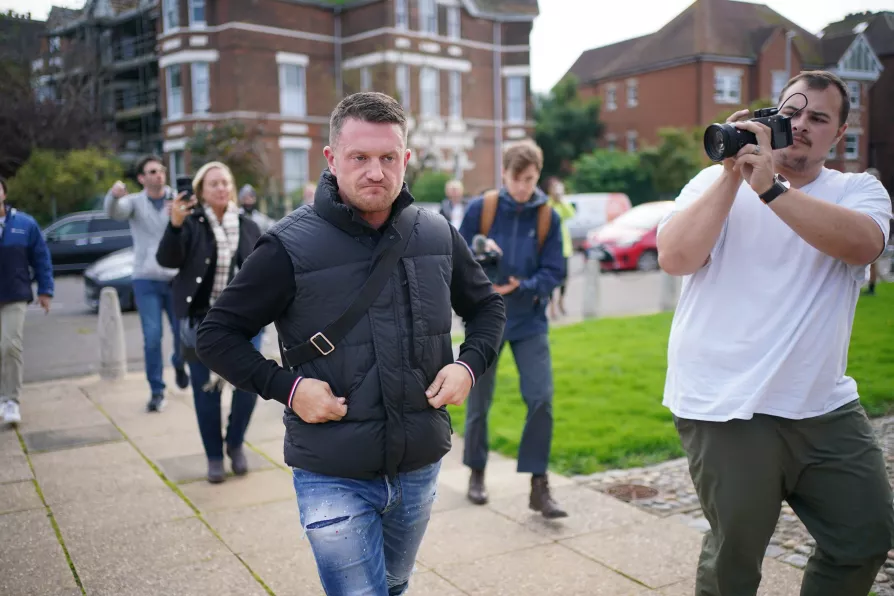The proxy war in Ukraine is heading to a denouement with the US and Russia dividing the spoils while the European powers stand bewildered by events they have been wilfully blind to, says KEVIN OVENDEN
Social democracy and the riots
ANDREW MURRAY unpicks the politics that finds Starmer’s Labour playing an enabling role towards the far right and opposing anti-fascist popular mobilisation

THAT the first big event of the Labour government would have been far-right racist rioting across the country was not widely anticipated.
There are, however, two different reasons why it might have been.
First, the right has frequently deployed extra-parliamentary force against Labour governments as a form of political pressure. Elements are always unreconciled to any Labour government ever.
Even Tony Blair was exposed to this, with the anti-fuel tax mobilisations of 2000 bringing the country briefly to a standstill. That drama was organised and promoted by the Daily Mail and justified by the Telegraph on the grounds that parliamentary democracy, which had recently yielded a huge Labour majority, was defunct.
More from this author

ROS SITWELL reports from a conference held in light of the closure of the Gender Identity and Development Service for children and young people, which explored what went wrong at the service and the evidence base for care
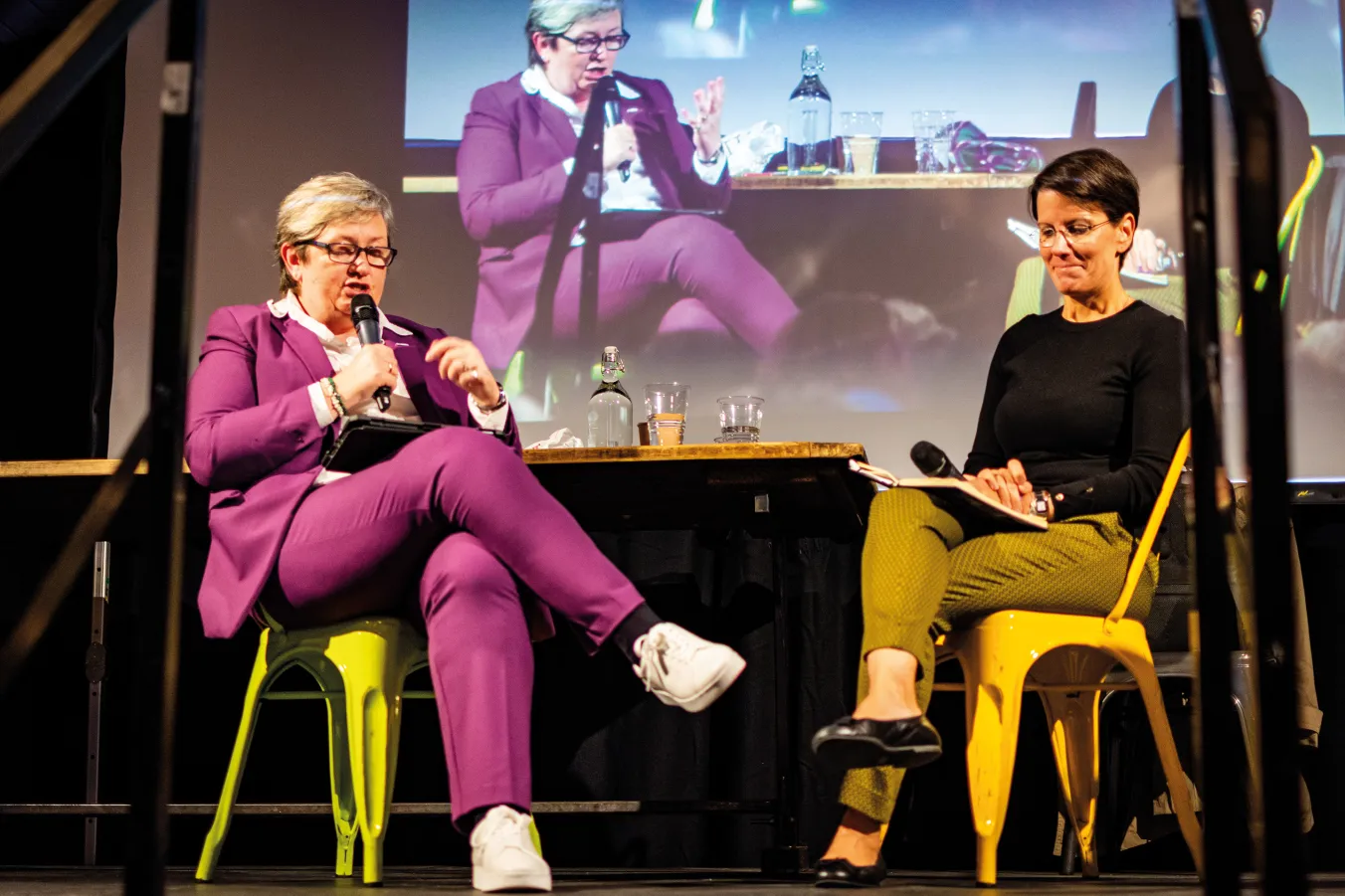
ROS SITWELL reports from the three-day FiLiA conference in Glasgow

ROS SITWELL reports on a communist-initiated event aimed at building unity amid a revived women’s movement
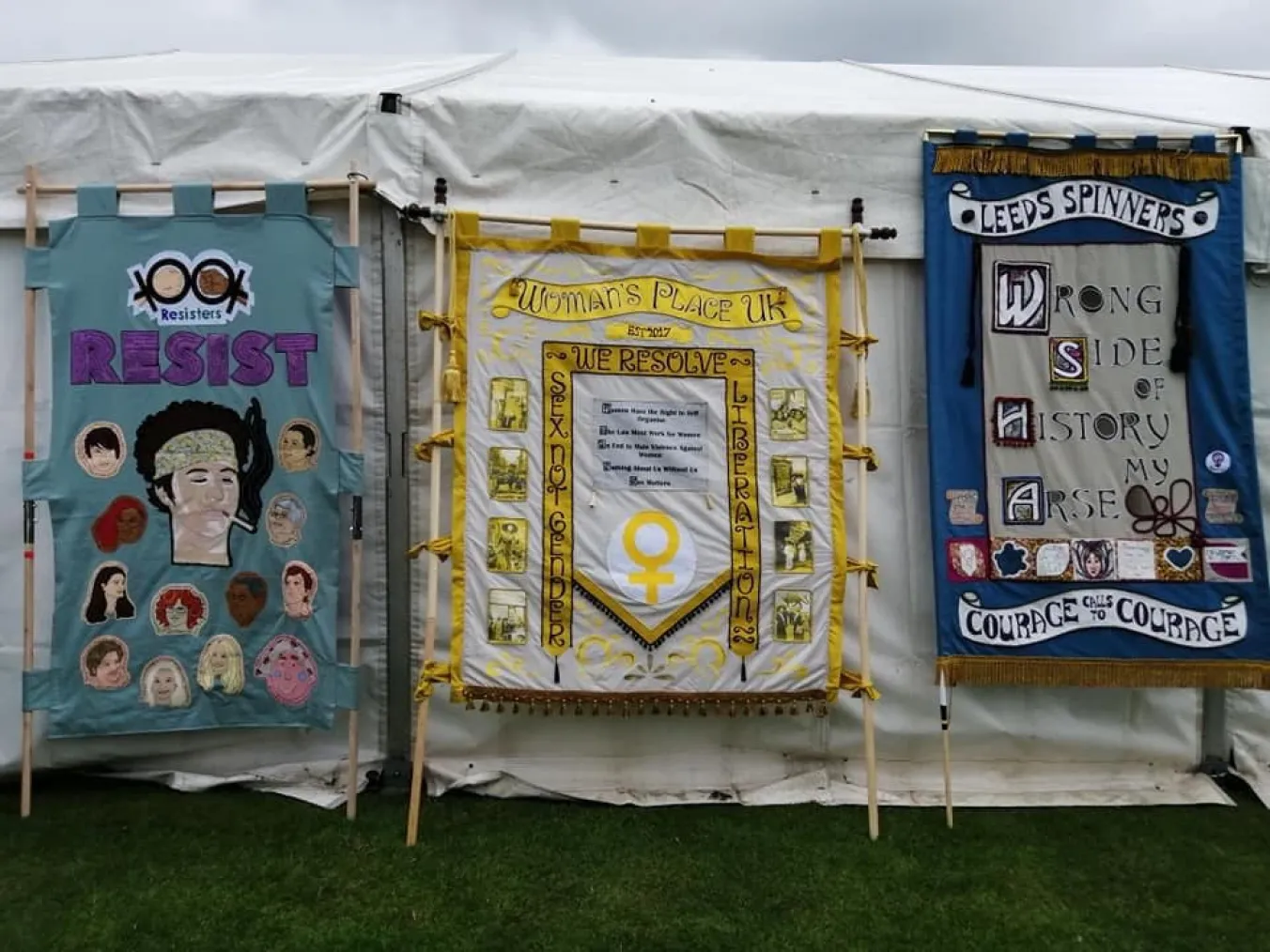
London conference hears women speak out on the consequences of self-ID in sport
Similar stories
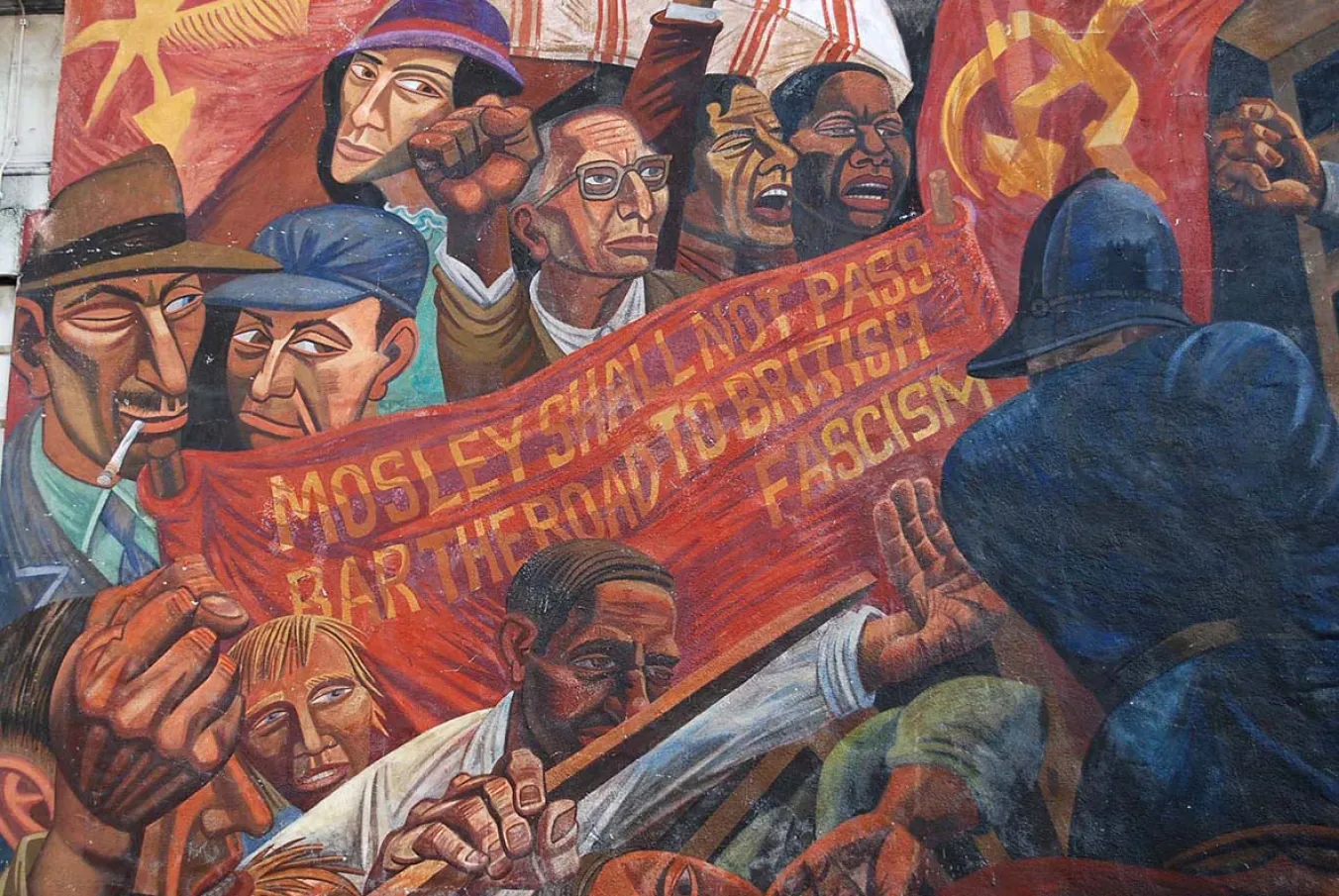
DAVID ROSENBERG assesses the far-right threat in the wake of the summer's Islamophobic pogroms and asks what lessons we can learn from the 1930s
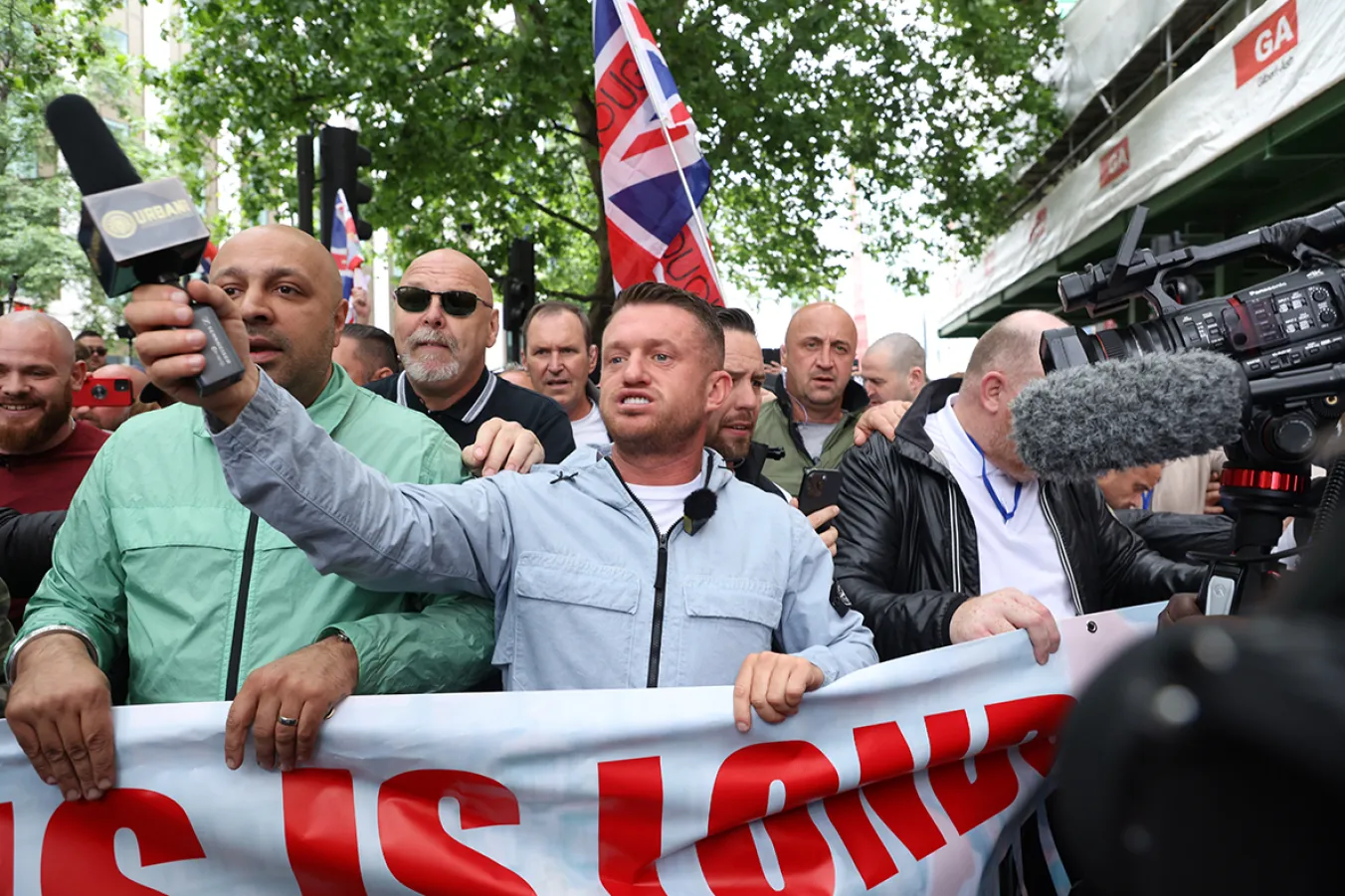
It’s myopic to suggest that fascist ideology has been ‘imported’ into Britain and could not possibly be home-grown, argues JULIA BARD
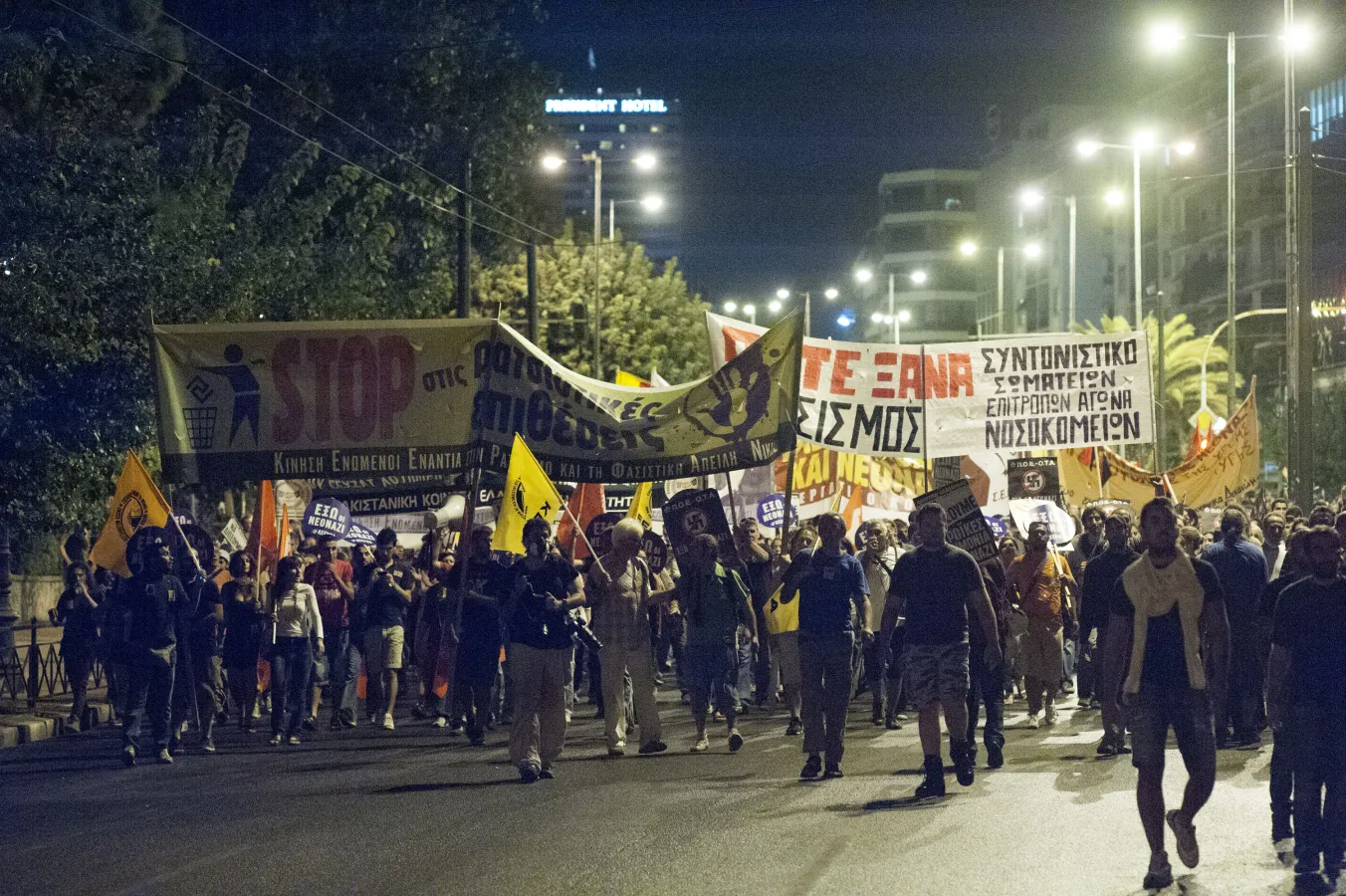
KEVIN OVENDEN draws on the Greek anti-fascist movement’s resounding successes against the neonazi Golden Dawn to outline a united front strategy to challenge state racism and surging mob violence










